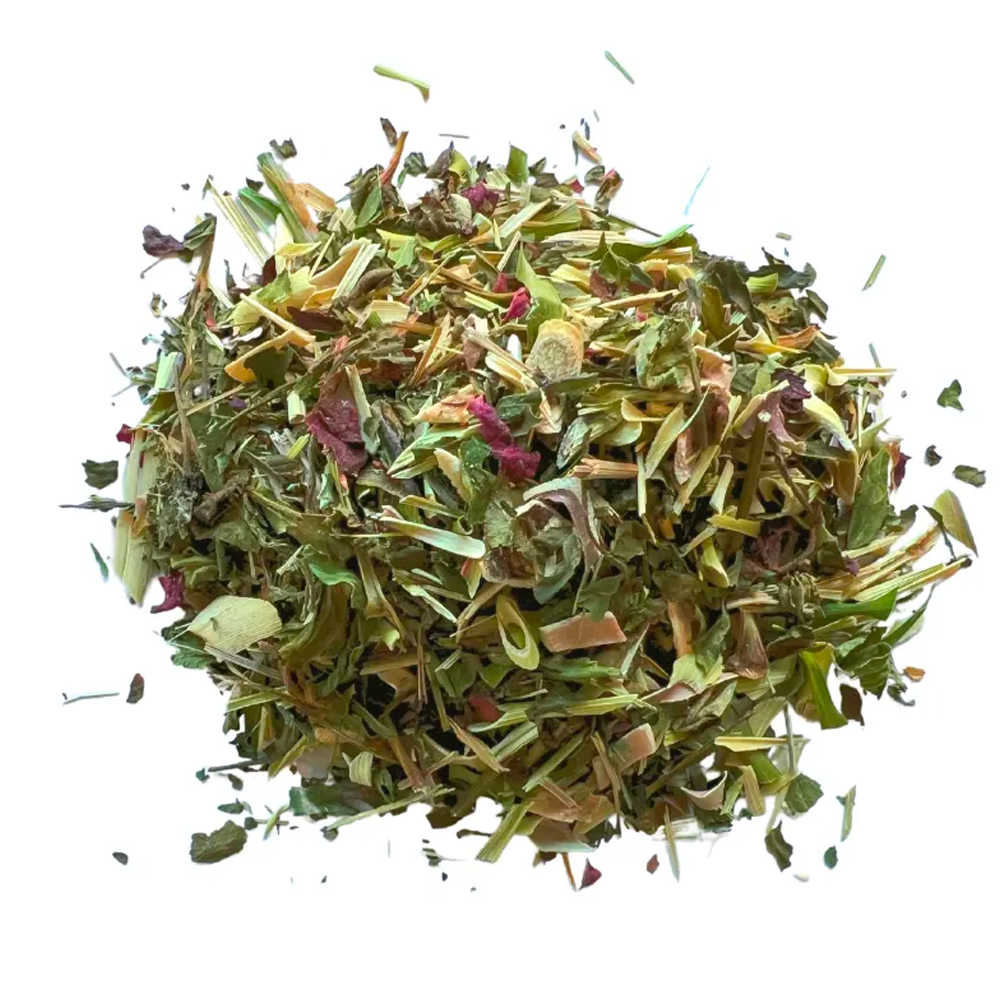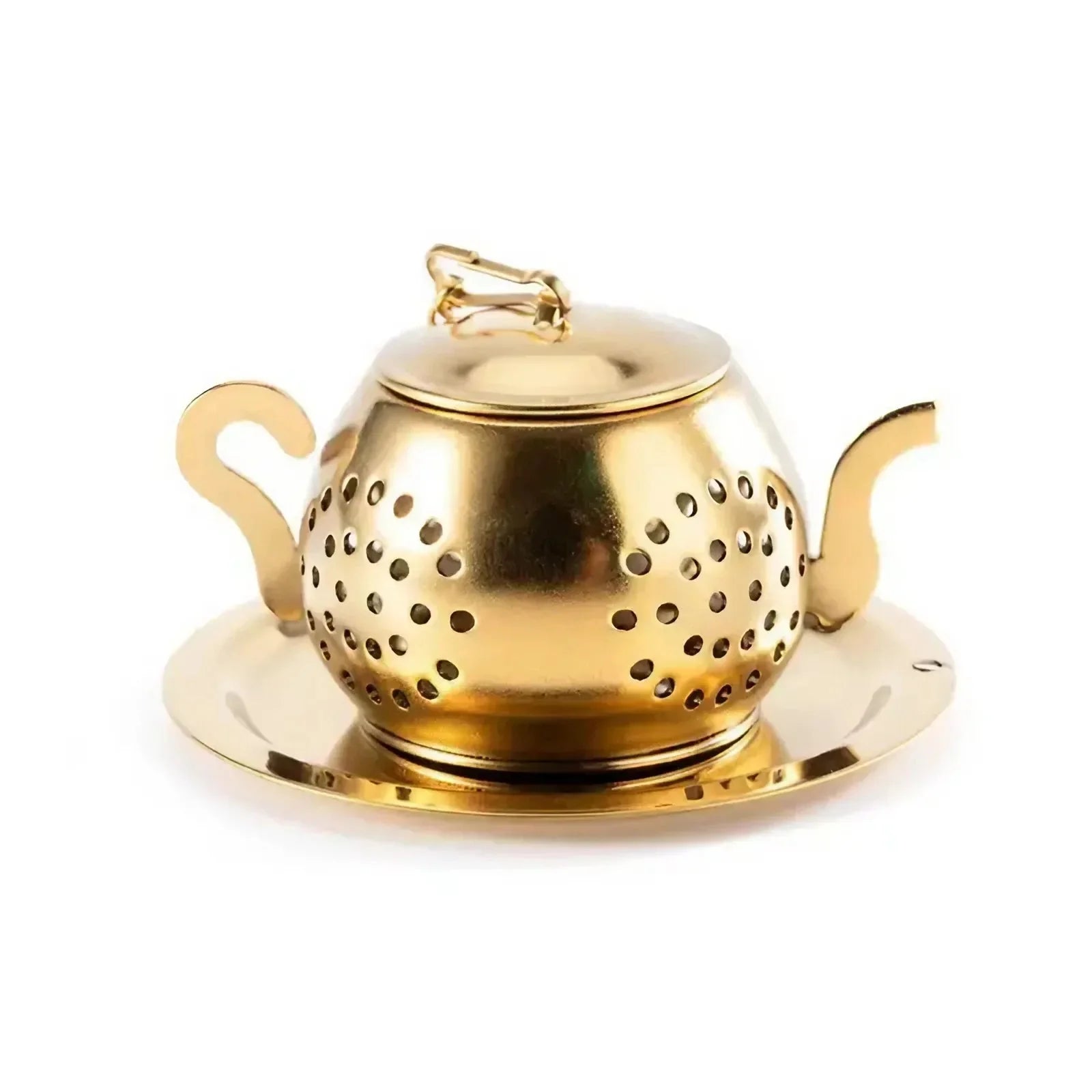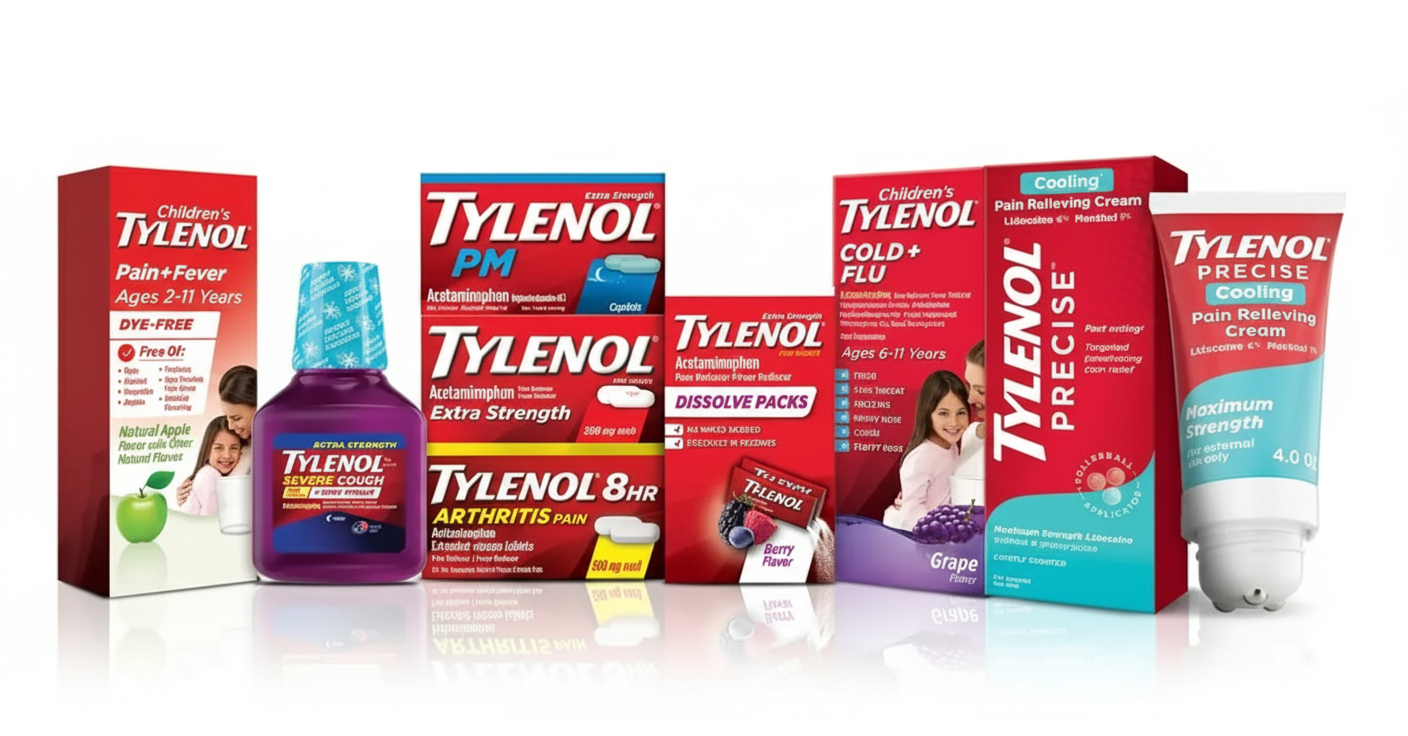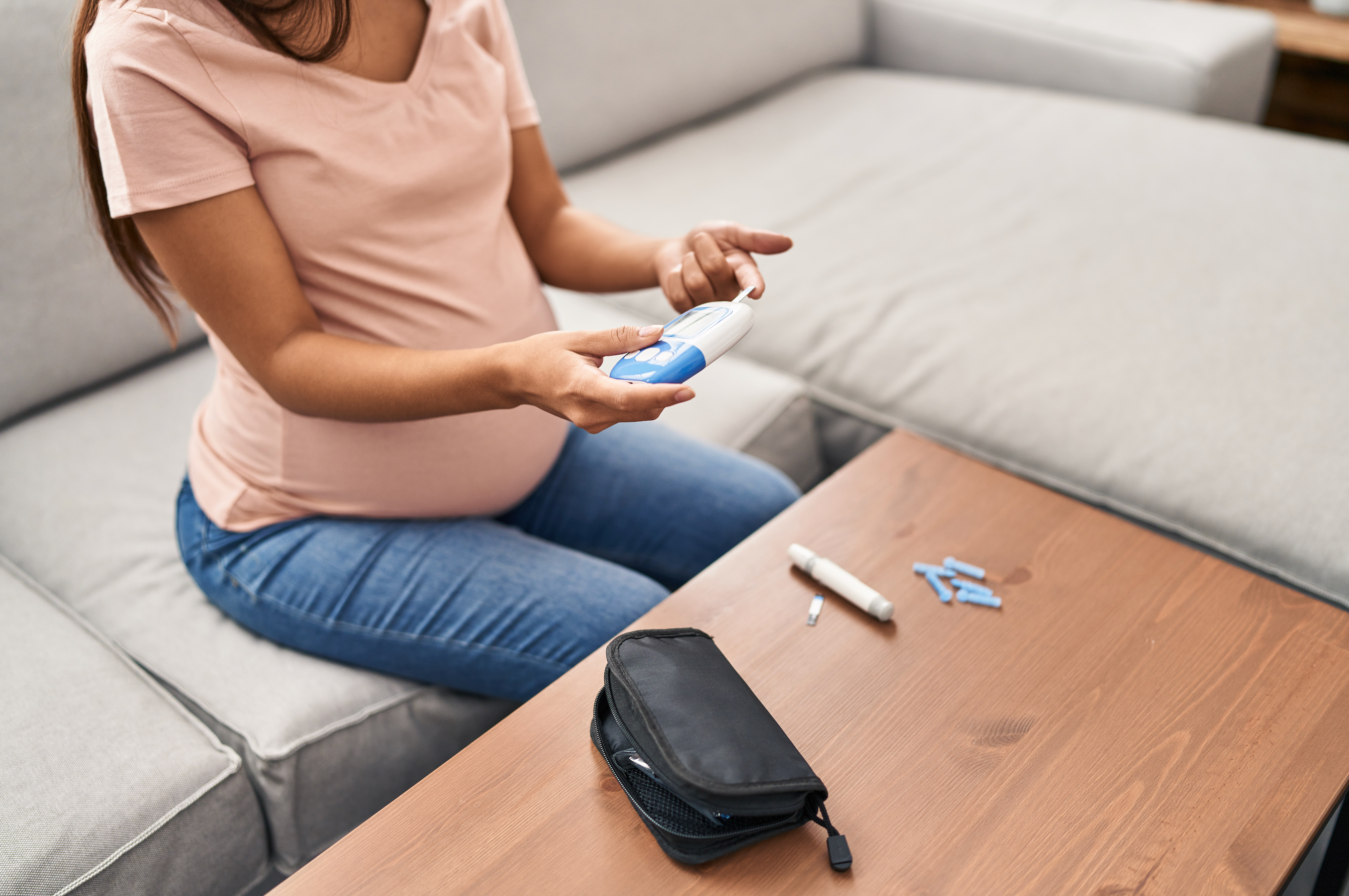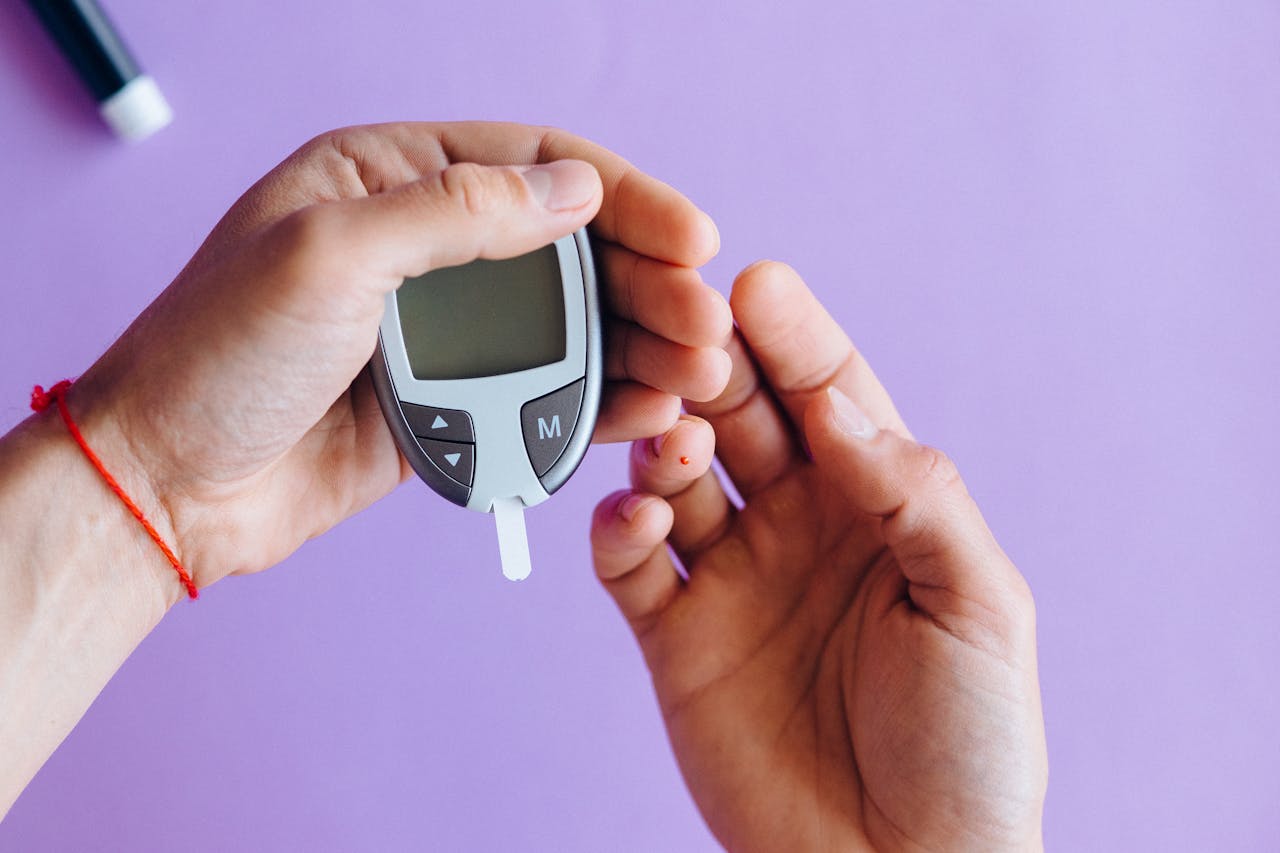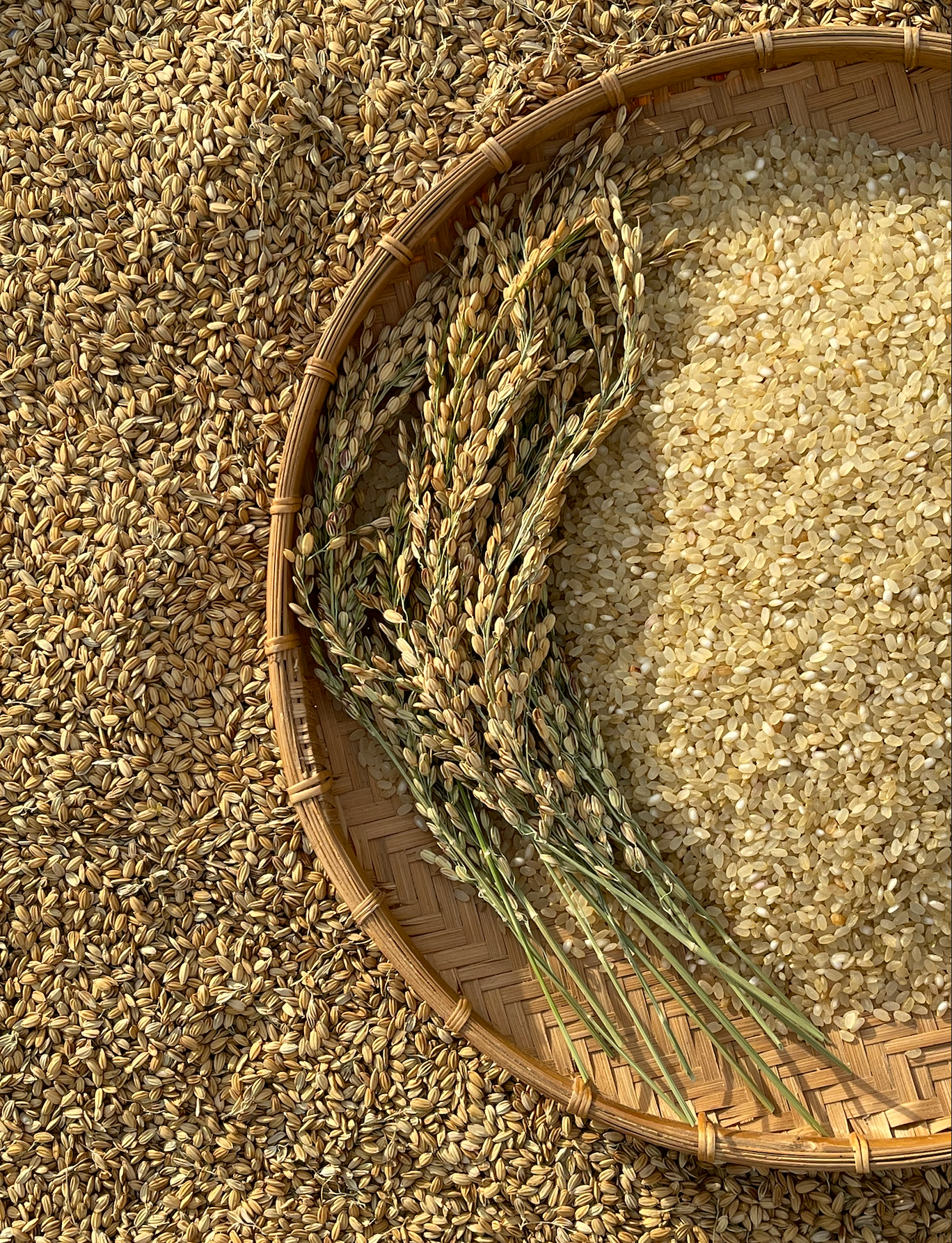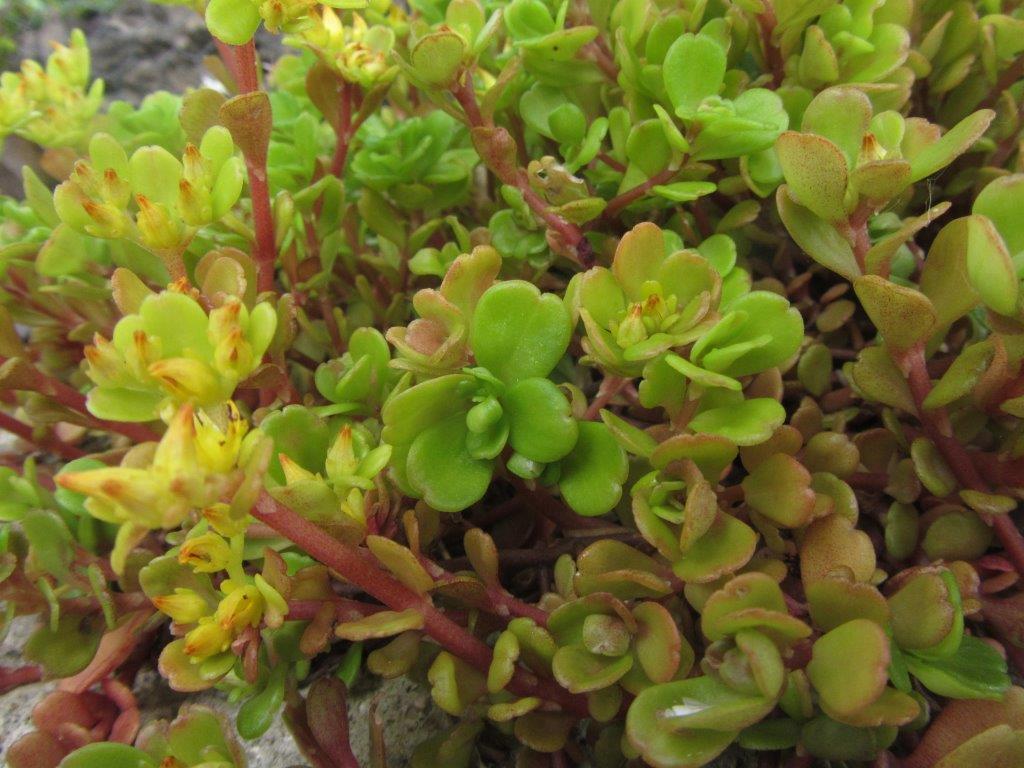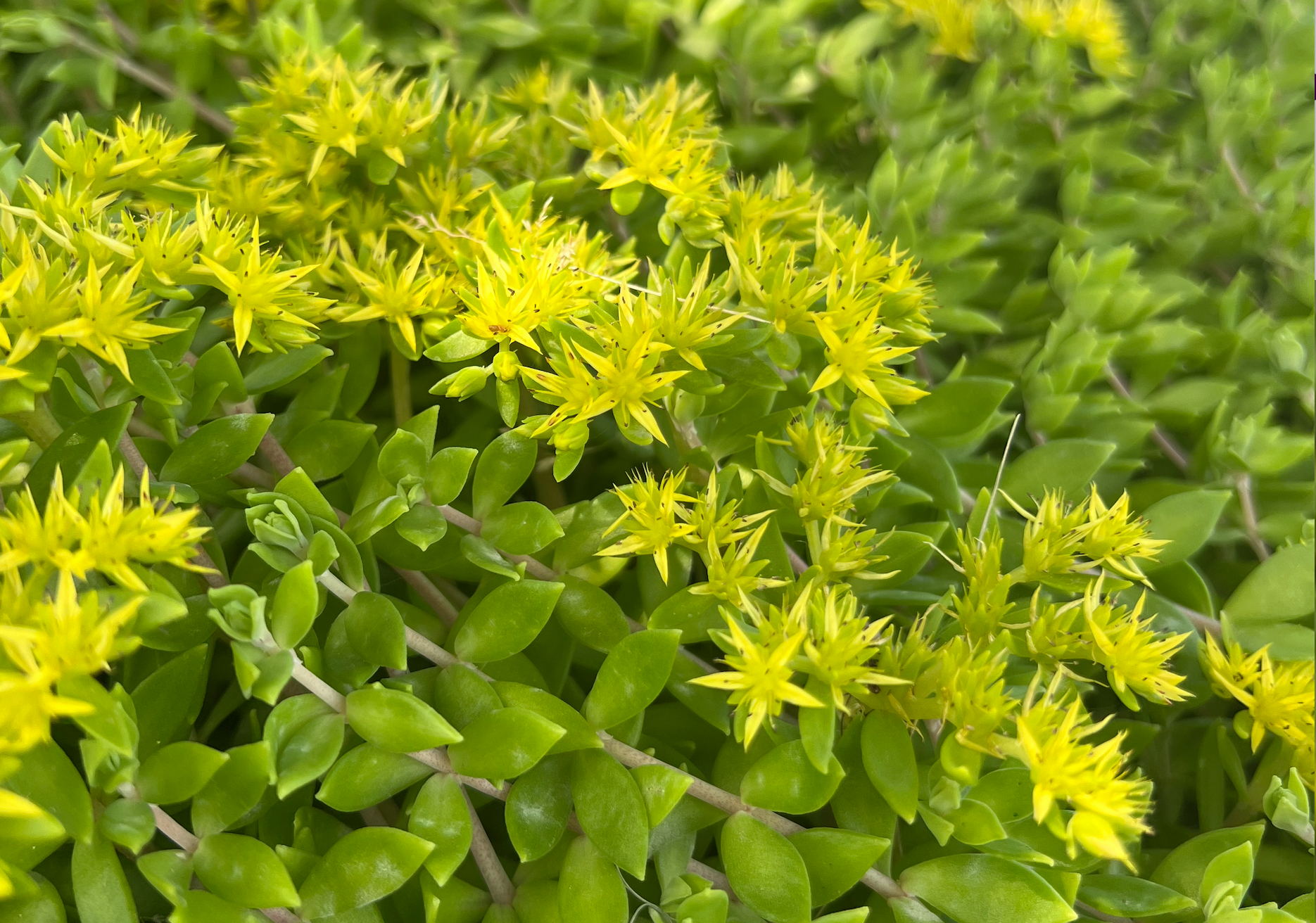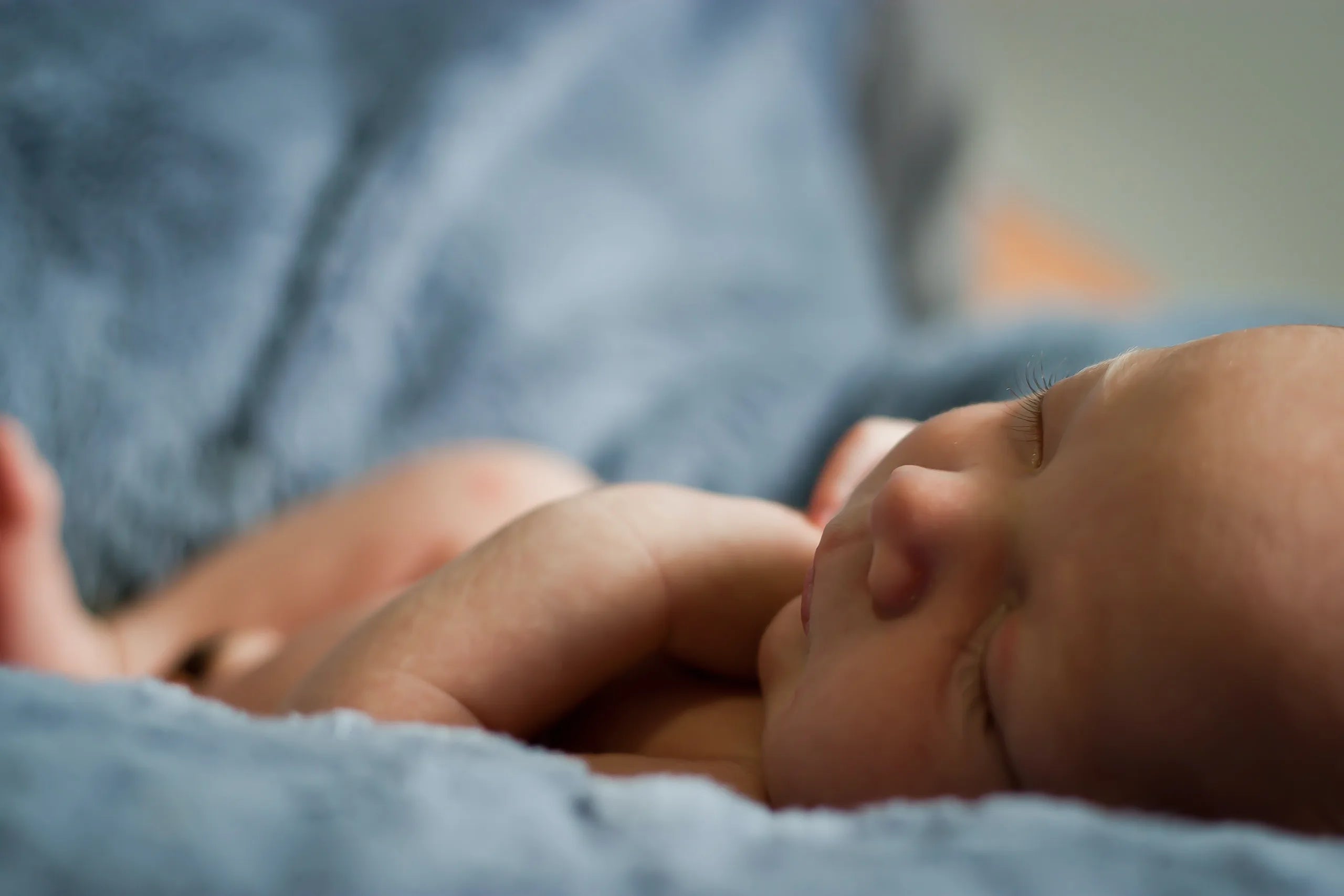In the Hmong culture, postpartum recovery is an extremely crucial period. It is a full 30 day confinement process, in which a new mother partakes in to speed up her recovery and prevent illness and misfortune in the future. After labor, a woman’s body is considered to be “new” (cev tshiab) and can become vulnerable to illnesses and evil spirits.
There are no set guidelines to follow, but these common practices have been passed down from generation to generation to help restore a new mother’s strength and protect her from future illness. Here are some examples that my mother and mother-in-law taught me when I was going through my “one month” recovery:
- Avoid moving about or carrying heavy things (this is done to prevent uterine prolapse)
- Avoid any physical activity that requires the exertion of energy such as getting out of bed quickly, carrying toddlers, etc.
- Only perform light tasks such as bathing the little one and very light cooking and cleaning
- Avoid washing the dishes, especially with cold water
- Lie on your back to prevent back aches
- Bathe in warm water to promote blood circulation and strengthen the joints (avoid cold showers)
- Only drink hot or warm water to promote blood circulation and prevent blood clots
- Avoid cold temperatures such as wind, fan, or air conditioning because it can cause “wind” to enter the body resulting in chills in the bones and migraines
- Always wear warm clothing (cover your head and toes at all times) even if it is hot outside (same reason as above)
- Strictly consume a chicken diet infused with medicinal herbs to help her body recover and increase milk supply
- Abstain from sex for at least 6 weeks (again to prevent uterine prolapse)
The majority of these practices are done to help a mother on her journey to recovery. Whether these traditions apply to you or not, it is important to remember that we must take care of our bodies. I would love to hear your thoughts and learn about other practices that your mother/mother-in-law/grandma has taught you.

